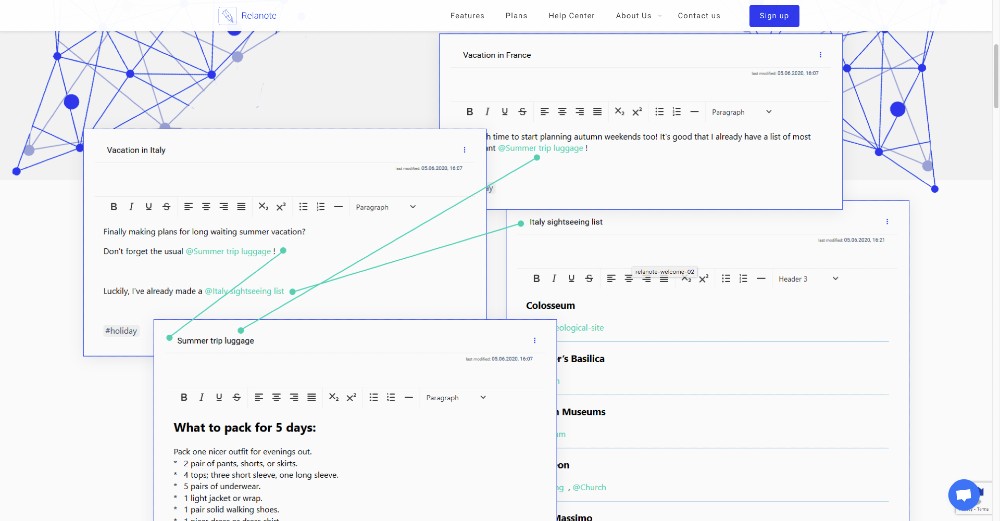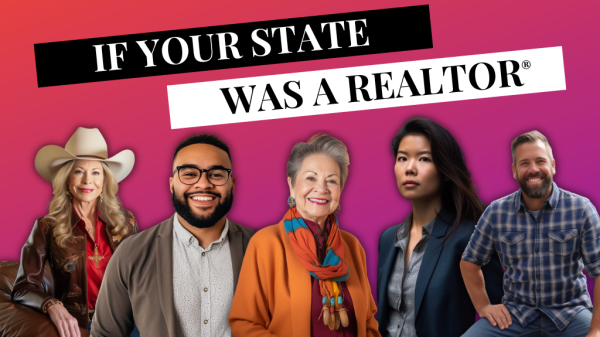A difficult discussion has finally come to light in America regarding inequities in our systems. DEI (diversity, equity, and inclusion) efforts are being made in corporate environments, typically stemming from leadership and executed by HR departments as a way of improving work cultures to attract top talent.
Yet independent real estate practitioners don’t always know exactly what their specific role in housing can be when it comes to DEI. The National Association of Realtors (NAR) updated their Code of Ethics to include barring anyone from membership who uses harassing or hate speech (online or offline) toward any protected class. That’s progress. But more can be done.
At the NAR 2021 iOi Summit, NAR CEO, Bob Goldberg moderated the first panel that kicked off the event and set the tone, entitled “Can Tech Drive Fairness & Equity in Housing?”
Surprisingly, the panel didn’t focus exclusively on what types of inequities persist (as has become standard at many conferences), rather what actions can be taken to remedy them – a point Goldberg repeatedly brought the topic back to. Actions.
Panelist Melissa Koide, FinRegLab Founder and CEO noted that there are up to 60 million Americans who are “insufficiently able to be credit risk assessed,” a concept known as credit invisibility, which disproportionately impacts consumers of color. Obviously credit is the mechanism used to underwrite all loans, especially mortgages, so improving this process is critical to equity in housing.
Goldberg asked, “Technology drives all aspects of the homeownership process and the rental process. How can we make invisible credit visible?”
Koide noted that people can be brought into eligibility by evaluating other indicators of financial stability like bank account data. In other words, during the pandemic when folks received federal aid, did someone pay down their credit card debt, or did they prioritize their rent or mortgage payments?
It sounds idealistic, despite Fannie Mae recently announcing that rental history payments (by identifying bank account data) to qualify more buyers without repeating the ridiculous no-doc loans that played a large role in the housing crash in 2008.
But it’s already being put into play – Koide says several large banks are already implementing pilot programs to look at this kind of banking data to determine who they can extend credit to in the pool of credit invisible. And it’s not new – over a decade ago, CoreLogic began putting their massive data collection efforts to work by implementing an alternative credit scoring model. Yet many folks remain credit invisible.
With organizations slowly improving how they serve the credit invisible, panelist Bryan Greene, VP of Policy Advocate at NAR said that looking to bank records to raise credit visibility has “a very positive domino effect,” wherein newly qualified consumers may get credit on more favorable loans at lower rates which he notes will lower their debt burdens.
Panelist Lisa Rice, President and CEO at the National Fair Housing Alliance (NFHA) points to redlining and disinvestment as creators of expanding credit deserts where mainstream lending products are not available (even banking), noting that 30% of African American and Latino consumers in America are credit invisible as a result.
“It doesn’t mean they’re not credit worthy,” Rice said, “it’s that they’re using forms of credit not reported to credit repositories.” She notes that predators like payday lenders have come in to fill that gap.
In addition to addressing the credit invisible to improve equity in housing, Goldberg asked how to get people to pay attention to the algorithmic fairness that “obviously must be taken into account to make it fair for under-served communities.”
Rice asserted that a tremendous obstacle is that regulators have not come up with a definition for algorithmic fairness, despite “a lot of brilliant minds grappling with how to define that fairness.” Although we can test for fairness, we can recognize what is not fair, we’re “in a state of purgatory where we are comfortable with finding alternatives that are less discriminatory then utilizing and employing those less discriminatory alternatives into the marketplace.”
Greene added that algorithmic testing has been around for at least 60 years and involves a scenario where “two people with comparable housing profiles seek a housing opportunity and present the same information about their financial circumstances and evaluate the results,” which is used to spot discrimination in housing, a practice the Supreme Court has validated as the method for testing fairness. We simply move that practice to the technology space to indicate algorithmic fairness.
The challenge, Greene notes, is that “algorithms might not take into account other things that determine creditworthiness. Systems don’t take into account all aspects of creditworthiness.”
Implicit bias is part of the human condition, and Rice importantly points out that this bias is embedded into the data we use. “Our Tech Equity Initiative is toying with ways of de-biasing tech, extricating the bias embedded in the data that is looking to generate despair in the outcomes.”
“Garbage in, garbage out” is a common phrase in tech, indicating that if bad data is input, the output can’t be good. For example, some want to take humans out of the parole process, using AI to make those decisions without human biases. But the data it would use to make those decisions is historical data which obviously is rife with human error. It simply cannot be fairly done with current data.
So if tech can’t create fairness, nor can humans, what is the answer? The two must be married.
Greene illustrates this concept by noting human appraisers are still necessary to review automated valuations, especially to check for those biases. He states, “We hear of these situations where there’s a biracial couple and when a black spouse is home, [there is a] lower appreciation, if the white spouse is home, [it’s] higher. To have a system to check and make sure people have considered all appropriate variables could be helpful.”
Goldberg asked what policy changes need to be put into place.
Rice contends that “deep expertise” required to craft policy exists primarily in the private market, so “technology has outpaced the policies and the policymakers.” Algorithmic fairness will persist until the people writing laws actually understand the subject matter.
Koide upholds that being able to explain the algorithms is essential, that transparency around data privacy is crucial, and that using alternative financial data in underwriting is what must now happen. “It’s not the sexy stuff,” she affirmed, “but it’s foundational as to how we’ll overcome the historical disparities.”
Goldberg closed by asking what attendees (tech leaders in the real estate vertical) can do to address this challenge.
Greene said, “Continue to question assumptions about how people live and what makes people creditworthy,” adding that it is critical to “test and validate” to make sure practices are fair and representative.
Koide urged real estate tech to support research by sharing data with organizations like hers, or with people in academia. “It’s critical to how we’ll get this right and get traction.”
“Lead with equity,” Rice said. “We got to this place because we lead with inequity deliberately and purposely. So we have to deliberately lead with equity.”
Lani is the COO and News Director at The American Genius, has co-authored a book, co-founded BASHH, Austin Digital Jobs, Remote Digital Jobs, and is a seasoned business writer and editorialist with a penchant for the irreverent.
















































